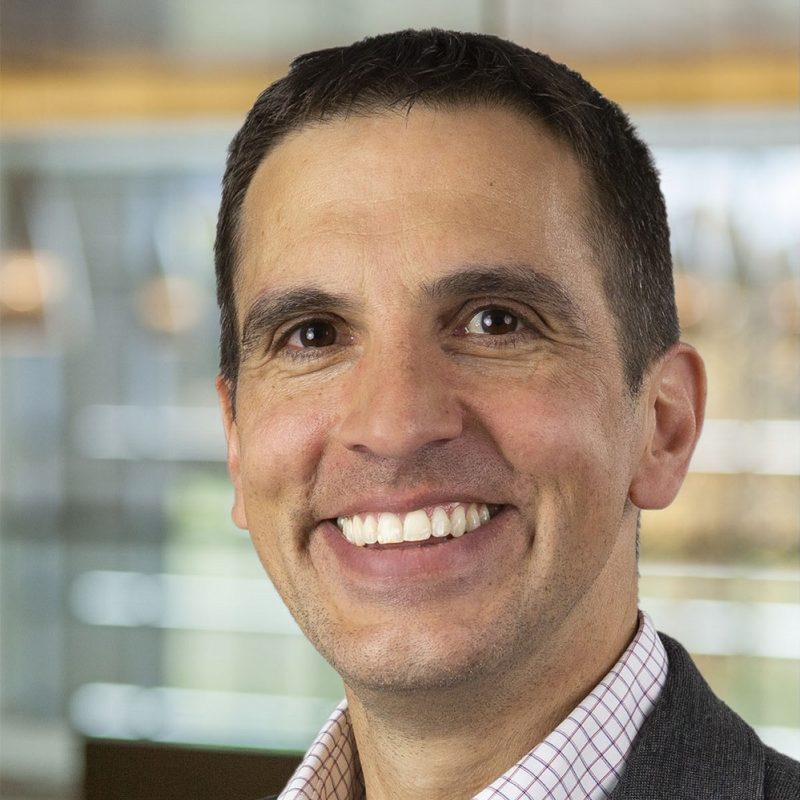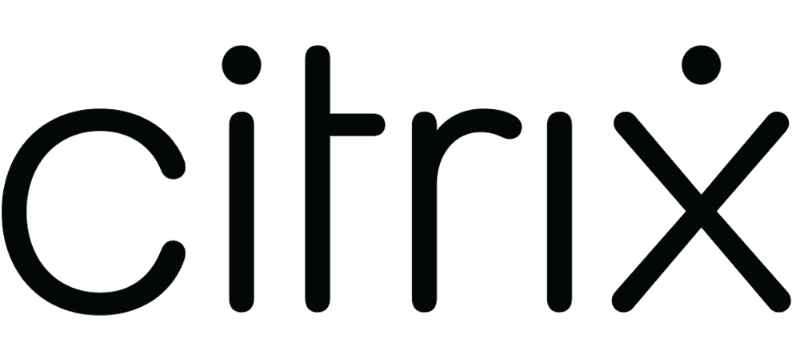Enable your people’s best work with unbeatable experiences
Whilst most leaders understand that a positive EX is important, it can be difficult to really understand or be able to map to tangible, weighty enough outcomes to warrant investment into EX strategy and solutions.
Oftentimes we hear employee experience and employee engagement used interchangeably, but they’re not the same thing.
In Citrix’s recent “Thrive with Employee Experience” report, they outline that engagement is the outcome of a continued positive employee experience (EX).



In this now-on-demand webinar, Standard Chartered, Citrix, and UNLEASH explore how HR leaders can partner with their leadership colleagues and foster a strategy to reduce turnover, improve the customer experience, attract new talent, and increase productivity levels, all through the power of an unbeatable EX.
As businesses navigate what their workforce models will look like in their unique contexts, data from Citrix‘s Work 2035 Report suggests a disconnect between how business leaders and employees view their roles in the future, and the safety of those roles as technology matures. So how can HR leaders bridge this disconnect, ensuring that employees feel safe, valued, motivated, and engaged in their work?
As a backdrop to the webinar session, we’re pleased to be able to share a downloadable content piece from Citrix, “Thrive with Employee Experience“, that provides organizations and business leaders a set of principles that provide a roadmap that will inform and guide their EX strategy.
Watch now to discover:
- How work has been reshaped over the last exceptional 18 months and what measurable impact this has had on the employee experience at large.
- The outlook for the next 6, 12, and further months ahead.
- What tangible strategies can HR leaders take to create partnerships with business leaders to shape organizational strategy to better EX and in turn, business outcomes?
- How can HR leaders execute this strategy to enable their employees to do their best work?
The pandemic catalyst
Unsurprisingly, many industry pundits and HR leaders have seen the pandemic as a catalyst to the step-change in how the organization at large and individual business leaders alike see the importance of the employee experience (EX). From the ‘Great Resignation’ and high levels of attrition, through to the laser focus on flexible work policies, HR has undeniably been presented with an opportunity to make significant differences to the future of their organizations and their people.
Laura Cole, Managing Director, Head of HR UK, and Europe at Standard Chartered has witnessed this shift first-hand. She sees the pre-pandemic commentary of employee experience moving into a sphere paralleled with the customer experience realm, being more applicable now, than ever before. The importance of having flexible work policies, responding to employee needs, understanding and bettering the experience you’re organization’s offering employees at all moments that matter – from joining through to leaving, and beyond, – and being able to measure tangible pitfalls and impacts of change against business outcomes, are of deep-seated interest to the entire business.
Whether your organization is only just beginning to think about the employee experience, or you’re well versed in employee listening strategies, human-centric design, or organizational planning, this webinar session provides something for all maturity levels. Understanding how work gets done and the daily journies of employees, not just the big moments, is going to be a continuous and ever-important part of how an employer can step up and stand out from the crowd.
How does the organization show up in times of struggle? If we are bringing our full selves to work – how is the organization going to show up? This is the differentiator for organizations – understanding things that happen in our personal life has an impact on our work. We need to think more purposefully.
Laura Cole, Managing Director, Head of HR UK, and Europe at Standard Chartered
A triage of layers
Chris Voce leads a research and advisory service at Citrix for their customers, that is focused on enabling their work to be more experience-driven. Chris and his team have delved deeper into the impact these changing realities have had already on the workforce, and how leaders can create a better employee experience (EX) strategy to underpin a more effective hybrid work environment moving forward.
He discussed in the session, how HR leaders can view the creation of an employee experience strategy, as a triage of layers. Firstly, you’d look at the top-level signals – those that come out of traditional annual benchmark surveys, for example. Then, you’d find “where’s the heat”, ie. where seems to be an issue for employees to make progress in their work, or is collaboration seemingly impinged for example – this provides your “areas of focus”. Then, Chris explained, this is where you would refine your strategy through something like an anonymous focus group where you can clarify some of the top-level signals and validate and develop the priorities, and even test some ideas for improvement and change.
The biggest differentiator is making small changes to everyday work in terms of getting things done. If you can make positive changes to the day-to-day, that can make a greater impact than some of the bigger experiences that you would tend to go after.
Laura Cole, Managing Director, Head of HR UK, and Europe at Standard Chartered
The important part that can oftentimes be missed, is to close the feedback loop. Let those involved and the business more widely know what came out of the surveys they participated in, and explain the changes that have been made, and the tangible impact that has been measured and witnessed as a result. Not only do HR leaders need to listen more regularly, as Laura agreed, but as they do at Standard Chartered, teams need to be looking at how changes have landed and if there are still challenges, and to make relevant tweaks off the back of this, if needed.
The bigger picture
At Standard Chartered, Laura works with a “Golden Triangle” unit, as she likes to call it. During the webinar, she discussed how the Employee Experience team works with the People Insights and Analytics team and the Employee Listening team, extremely closely. In the Bank’s case, this collective is the driver for collecting and measuring data, interpreting it, and then establishing the “so what?” – what needs to be improved, and how are they going to do it.
Whether it looks similar in your business, or not, interdepartmental relationships are vital for making a thriving employee experience. It’s not about needing an army, it’s about building the skillset in-house and focusing business units from property/facilities management to technology functions through to people managers, on why employee experience matters and thinking about what good looks like.
In a recent roundtable discussion with senior HR leaders, we considered, led by design-thinking principles, what “great” looks like for them; what barriers are stopping them from getting there; and what potential solutions might be to get to their image of “great”. This type of exercise is a great example of how you can begin the conversation around bettering EX within your organization, through a simple, but highly effective format.
For those looking in, it’s clear that the organizations who are proving they are hearing the wants and needs of their people and thinking about experience holistically are going to be the winners in the talent race. Citrix’s research and insights garnered from this webinar alike, are evidence that there are some easy wins and low-hanging fruit that HR leaders can take for the picking.
If you’d like to know more about how you can transition out of survival mode and shape up your EX strategy for what lies ahead, check out our recent interview with Chris here. We discussed how you can reimagine your organization’s EX strategy to create the cultural and technological conditions for people to do their best work and to drive employee engagement.
